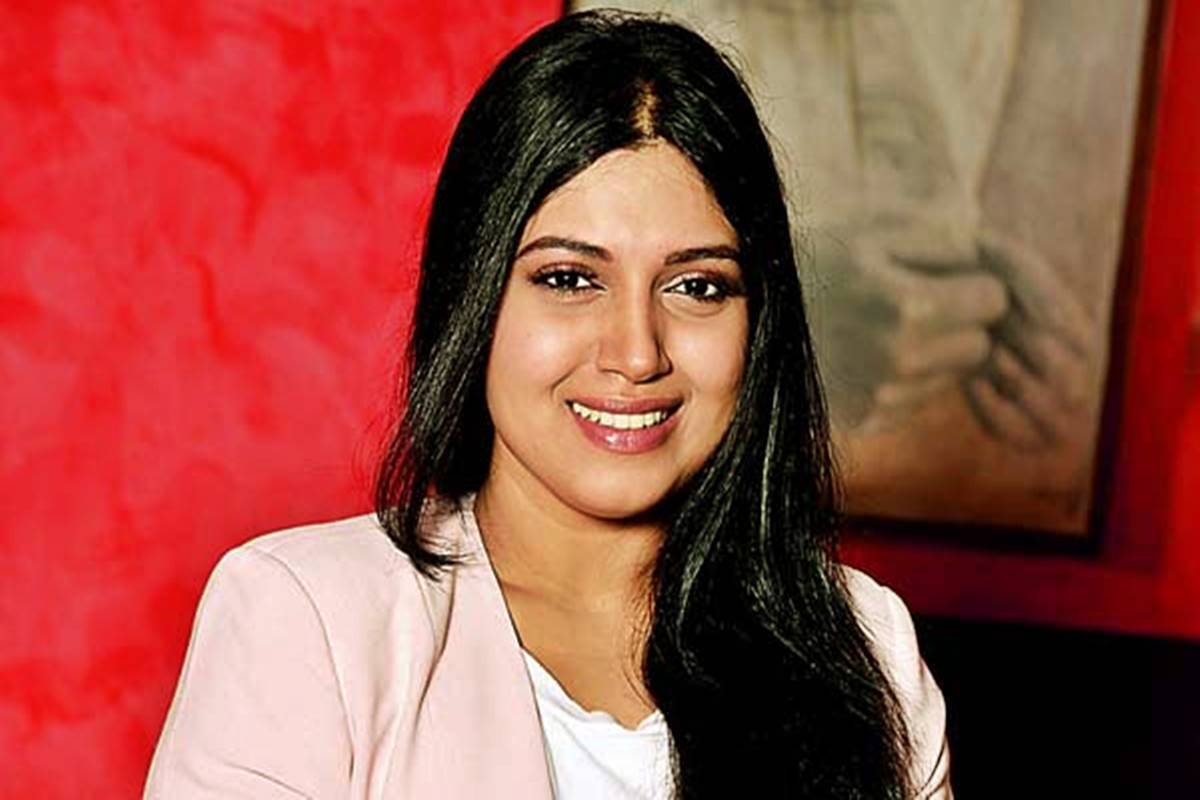Neelam, Jackie Shroff team up after three decades for romantic song ‘Tu’
Bollywood's veteran stars Jackie Shroff and Neelam Kothari, a popular romantic pair of the 80s, have reunited for a song after three decades.
Bhumi Pednekar voices her disdain for the term ‘female-led projects,’ advocating for gender equality in filmmaking and citing successful examples.

Image Source: Instagram
Bhumi Pednekar, known for her powerful portrayals of women on screen, has expressed her disdain for the term “female-led projects.” In her eyes, this label oversimplifies and undermines the true essence of cinema.
According to Bhumi, there’s a prevailing misconception that audiences are less inclined to watch films or content with women in prominent roles. She vehemently disagrees with this notion, asserting that gender should not dictate viewing preferences. Instead, she believes that audiences like compelling storytelling and quality content, irrespective of who is at the forefront.
Reflecting on her own career trajectory, Bhumi acknowledges the fortunate timing that allowed her to portray strong female characters during a period when such roles were being written with depth and substance. She attributes her success to the availability of well-crafted, author-backed roles that resonated with audiences.
Advertisement
Pointing to the success of her recent film, ‘Bhakshak,’ Bhumi emphasizes the audience’s embrace of narratives that challenge patriarchal norms and celebrate female agency. She argues that the film’s popularity contradicts the notion that viewers prefer male-driven stories, showcasing a demand for diverse and empowering narratives.
In advocating for gender equality in filmmaking, Bhumi urges filmmakers to invest in female-led projects with the same level of budget and scale afforded to male-driven ventures. She cites several successful examples, including ‘Toilet: Ek Prem Katha,’ ‘Lust Stories,’ ‘Dum Laga Ke Haisha,’ ‘Saand Ki Aankh,’ ‘Bala,’ and ‘Pati Patni Aur Woh,’ as evidence of the viability and profitability of female-centric storytelling.
Ultimately, Bhumi calls for a shift in industry perceptions and a commitment to championing projects that prioritize women’s narratives. She believes that it’s time to discard outdated misconceptions and provide women-led projects with the recognition and resources they deserve.
Advertisement